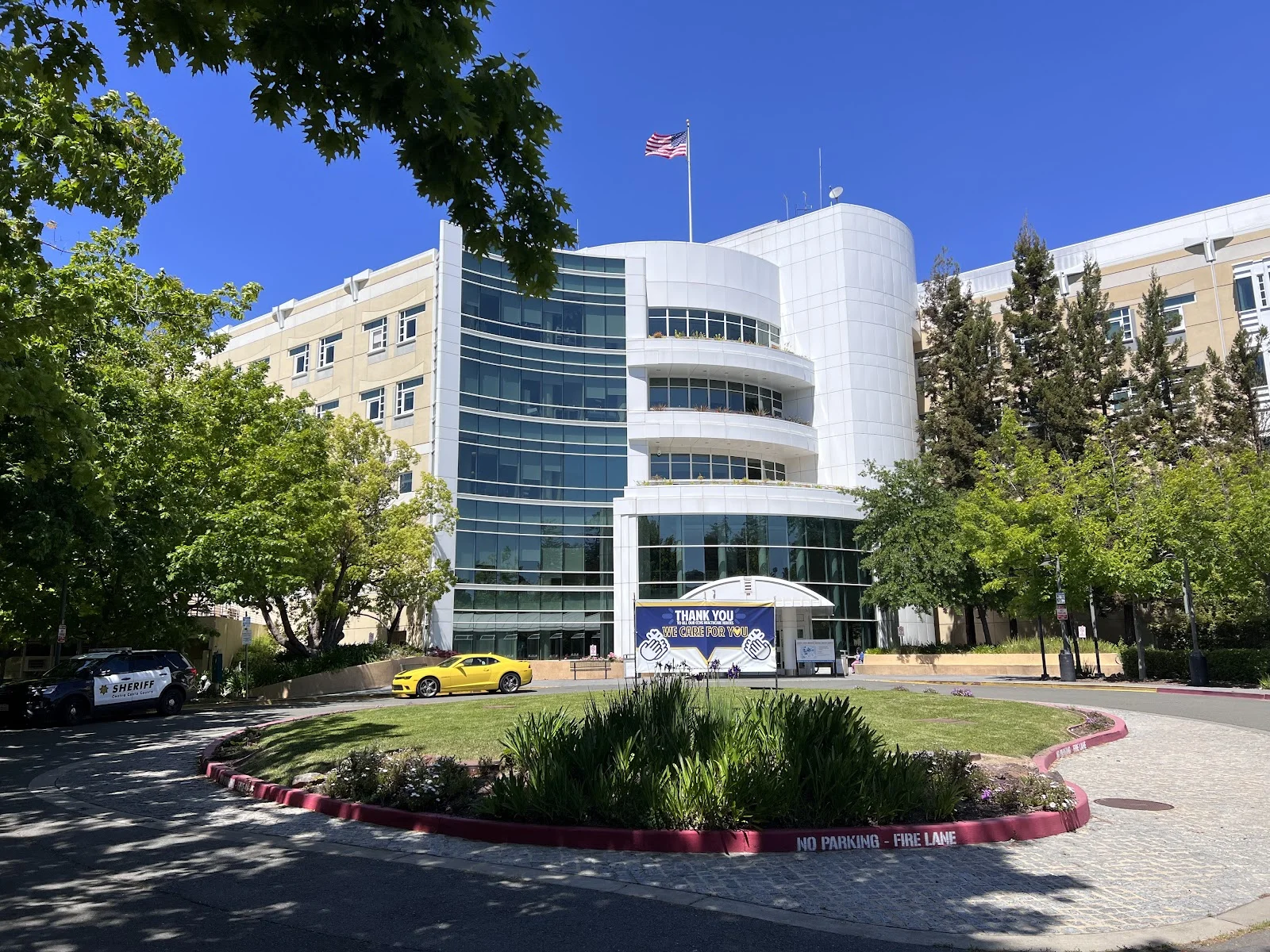Contra Costa Regional Medical Center Information
Treatment
Who We Treat
- Children
- Teens / Adolescents
- Young Adults (18–25)
- Adults
- Seniors/Older Adults
- Adolescents
- Older Adults
- Male and Female
Approaches
- Group Therapy
- Cognitive Behavioral Therapy (CBT)
- Dialectical Behavior Therapy (DBT)
- 1-on-1 Counseling
- Medication-Assisted Treatment (MAT)
Conditions We Treat
- Co-Occurring Disorders
Languages
- English
Aftercare
- Support Meetings
Level of Care
- Outpatient
Experience
Smoking and Vaping Policy
- Smoking Not Allowed
- Vaping Not Allowed
Accreditations
-
The Joint Commission
The Joint Commission accreditation for addiction and behavioral health signifies that a facility has met rigorous standards in patient care, treatment, and safety. This recognition assures patients and professionals of the facility's commitment to providing high-quality, evidence-based care in the fields of addiction and behavioral health, fostering trust and confidence in their services.

Additional Locations
Contra Costa Regional Medical Center Accepts The Following Insurance Plans
Find the best treatment options. Call our free and confidential helpline today!











